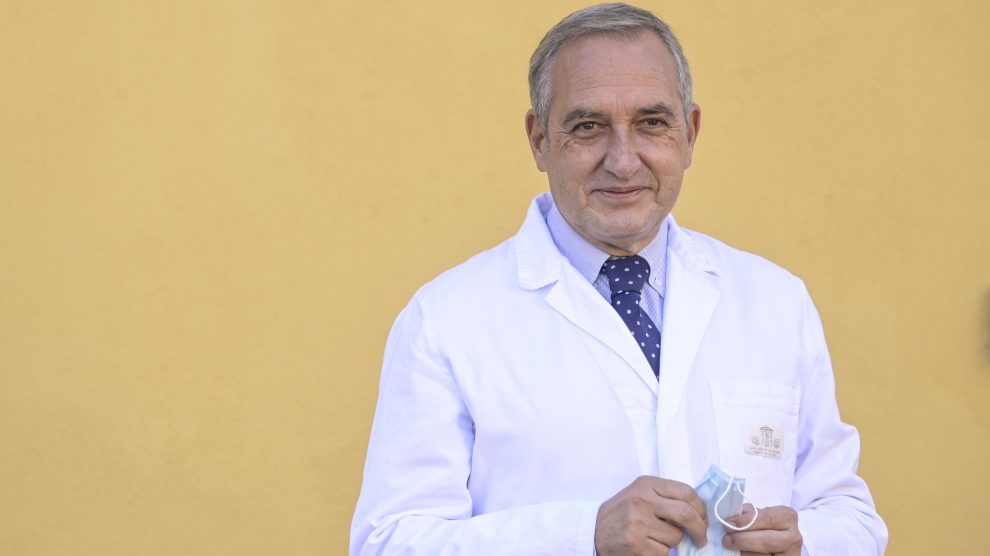The right policy approach. “Monitoring arrivals from China and sequencing the positives means getting the information on viral circulation you struggle to get from Chinese Public Health,” Francesco Vaia, general director at the Spallanzani Institute, a Rome-based hospital and infectious disease research facility, told our sister website Formiche.net.
- China has released several hundred sequences showing a picture of variant circulation overlapping with the data obtained by the Italian institute. An action described as “positive” by Mr Vaia.
- European Union member states agreed on Wednesday to “strongly encourage” a requirement that would obligate all travellers coming from China, regardless of nationality, to present a negative Covid-19 test as the number of infections surges in the Asian country.
- There are currently Omicron variants circulating in China that are already known in Italy, Europe and the world, some of which are “dominant in our territory.”
Poor vaccination coverage. The problem for China lies not so much in a new variant of Sars-CoV-2 but in the poor immunological protection of the population.
- China is going through what the world went through last year, but in a “far more serious context, having used less effective vaccines than ours,” Mr Vaia added. The zero-covid policy based on strict lockdowns is also “turning out to be as wrong as it could have been.”
- “Giving up offers of mRNA vaccines is yet another mistake that country is making.”
It’s about coordination. We learned from the last three years that “a common approach is a winning one.”
- Italy led the way on inbound passenger testing. “I would like to see a greater role for the WHO: it is not an “ethical” issue of judging other countries’ behaviour but a public health issue,” general director Vaia concluded.




